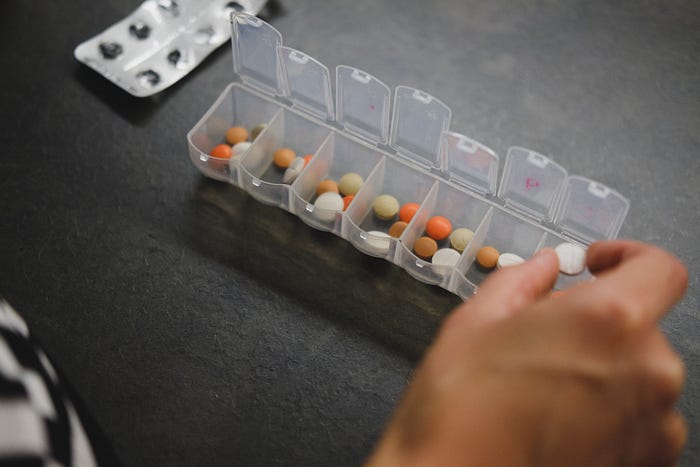The other day I went to my General Practitioner for a routine checkup. There was a man complaining about the different reactions in his body after changing regular branded medicine with a generic one.
Being a healthcare industry professional, I was curious to know more about him and the reactions inside his body. So, I contacted my GP and asked him whether it is natural to have some adverse reaction after switching from branded to generic versions of drugs?
The answer was yes.
He showed me a series of complaints from different patients across the world on generic drugs. Some of them either didn’t work on patients or led to some devastating side effects.
After an hour-long conversation with my GP, I realized that something is wrong with these Generic Drugs, but the question is what?
What is wrong with generic drugs?
Why is it causing such reactions in our bodies?
So, I decided to dig more into generic drugs. I mined hundreds of reports related to generic drugs, and I found one thing in common with all those reports. Every report had one or more complaints associated with it.
I followed the trail of certain generic drugs around the world, trying to find answers to different questions.

A Perfect Deception:
“A con artist makes money through a maze of deception.”
A con artist lies and cheats individuals into the feeling that they are doing a great deal, making huge profits. But in actual sense, they’re the only one who makes money. The only thing that matters to a con artist is a perfect con and for this, they perfect a total lack of conscience.
But why am I mentioning a deception?
What has a con artist to do with generic drugs?
A pharmaceutical giant, Ranbaxy, a manufacturer of the generic version of drugs like Lipitor holds a history of one of the biggest frauds in the pharmaceutical industry.
The company used lower-quality ingredients, manipulated the quality control data, and even made up numbers out of thin air to follow the regulatory standards.
They submitted the bioequivalence data to FDA which was made up altogether because there were no actual data that exist. The company was trading drugs of dubious purity, thus endangering patient safety.
Further investigations found that Ranbaxy had a consistent pattern of submitting “untrue statements.”On at least 15 new generic drug applications, auditors found more than 1,600 data errors. Their drugs were “potentially unsafe and illegal to sell.”
They actually used fraud as a competitive advantage to build and grow the business in the U.S.
It is not a one-off scandal just the tip of the iceberg.
There are many drug manufacturers who have deceived regulatory bodies around the world by submitting false data to make their generic drug appear bioequivalent to the branded drug.
Drug manufacturers around the world are fooling regulators, consumers, and the health of people for the sake of their profits.
There was another case related to generic drugs. Some patients who switched to a generic version of Wellbutrin, an antidepressant, complained of headaches, nausea, irritability, and even suicidal thoughts.
It took the FDA five years to verify that the generic pills produced by the Israeli manufacturer Teva were not equivalent to brand name Wellbutrin.

Who is responsible for all this?
Not only medical companies but regulatory bodies are also responsible for these practices. During an audit or regulatory inspection in the US generally, FDA inspectors show up at a plant at any random time. Thus, incentivizing companies to always be in compliance lest fear of getting caught off guard by an inspection. But the globalization of the pharmaceutical industry complicated this practice. To avoid diplomatic tensions, the FDA notifies companies months in advance of visits. Such lead time gave overseas companies ample time to prepare for inspections. By that time company cleans workspaces, shreds records, and fabricates documents. Some of them even destroy contaminated drugs.
For avoiding such false practices and fraud, we need strict regulations as well as a compliance team. If the officers visit the sites without any prior notice, incentivize these companies to always be in compliance with regulatory norms.
With regular checks and visits, we can develop a fear of regulatory bodies among companies. Thus, avoiding the false practices and poor culture of these industries.
Strict laws coupled with strict regulations and regular random audits would lead to safe and bioequivalent versions of the drug. All the people working in healthcare need to be self-responsible for ensuring the safety, efficiency, and efficacy of drugs.
Due to our lack of responsibility and poor practices, someone could suffer. Regulators could implement strict regulations, but it’s us, who are going to implement and follow those norms in the healthcare industry.
It takes “TWO” hands to clap not just “ONE.”


Comments
Post a Comment